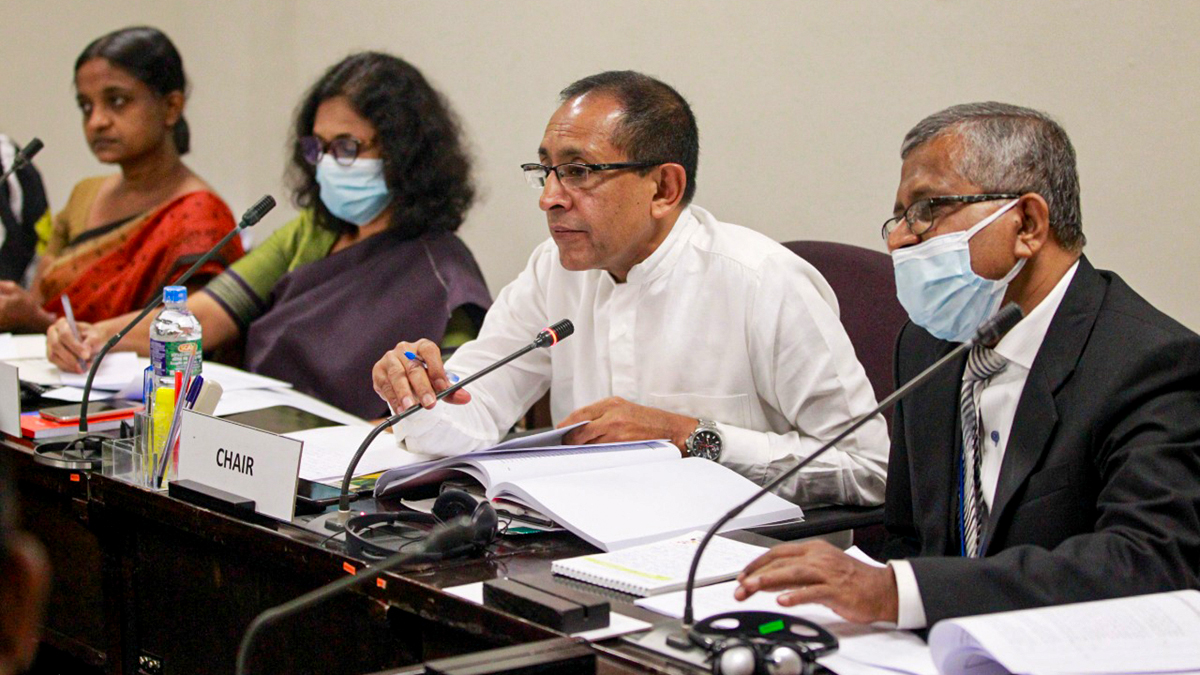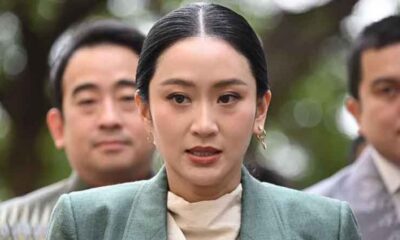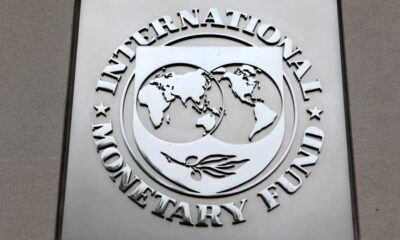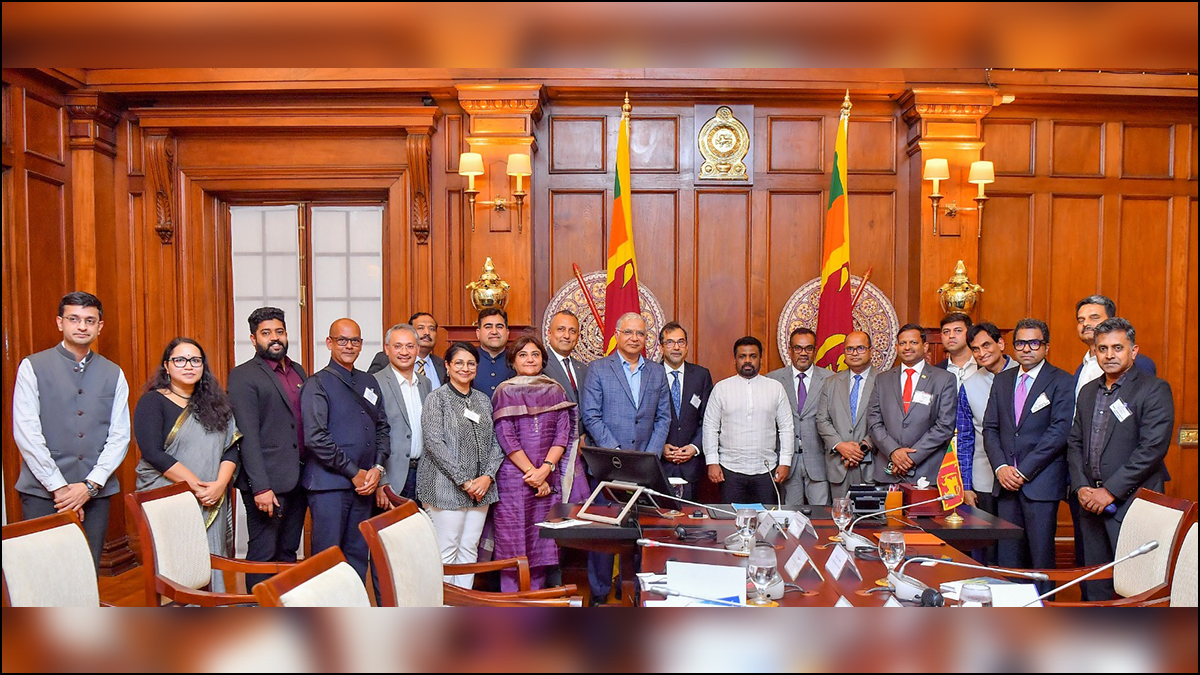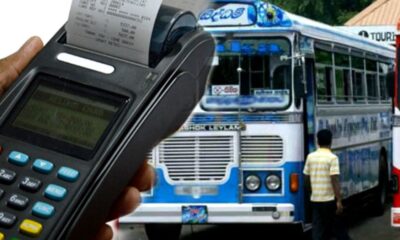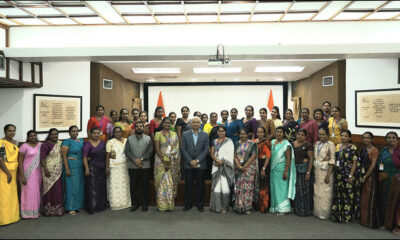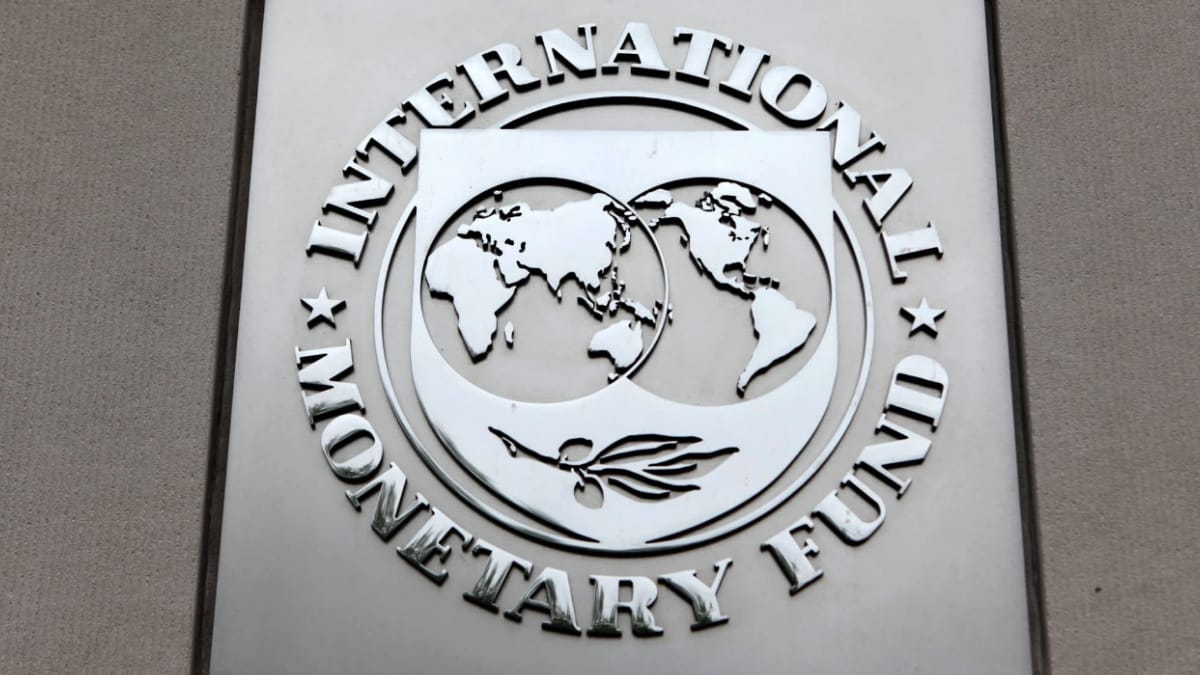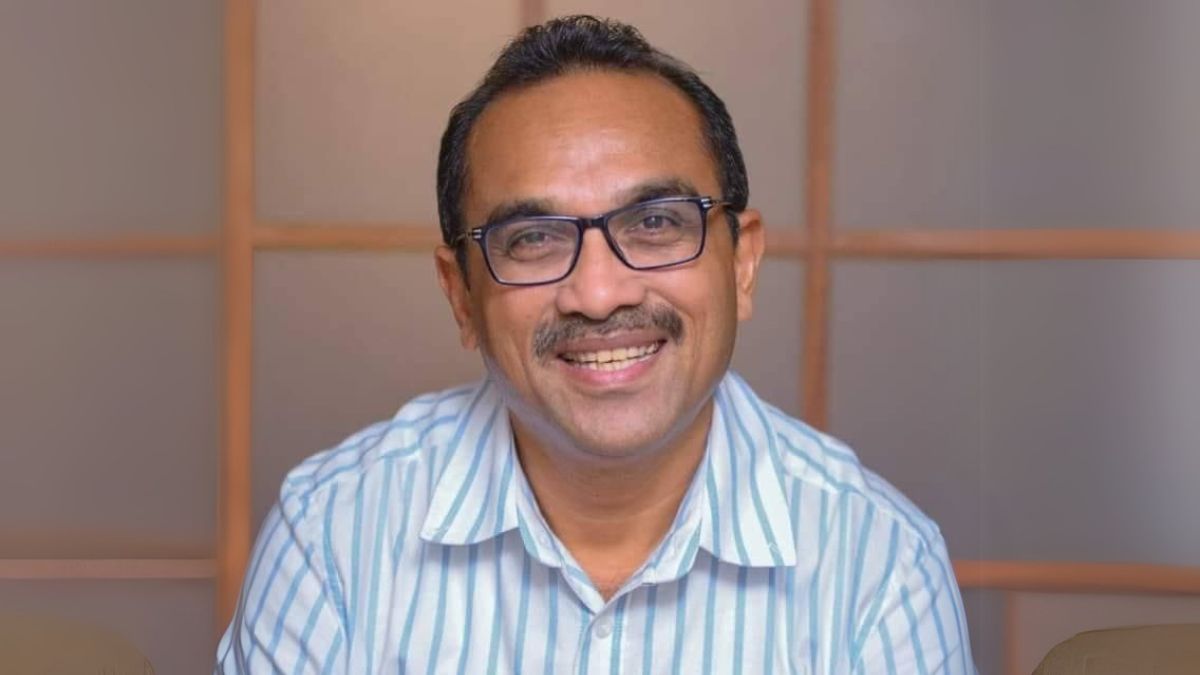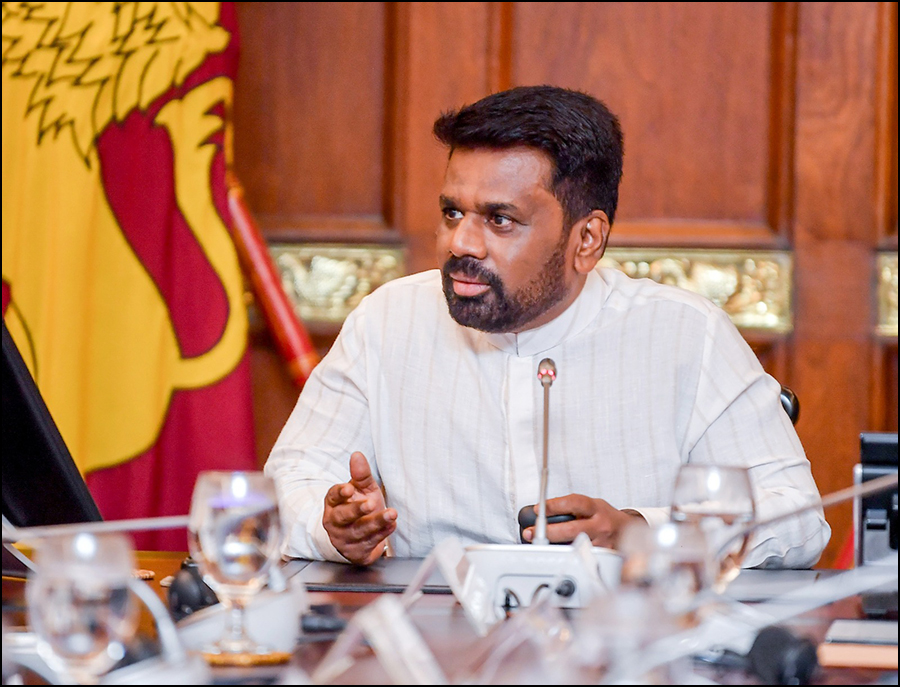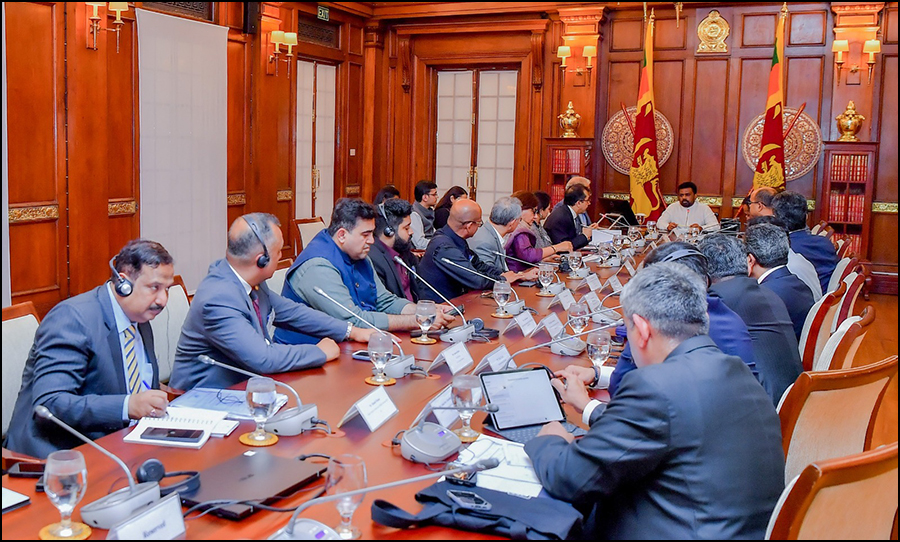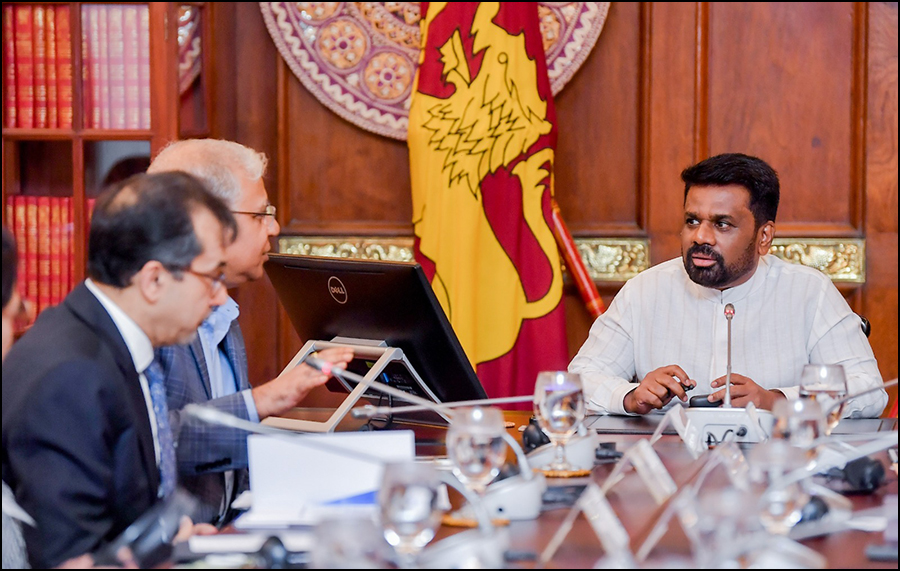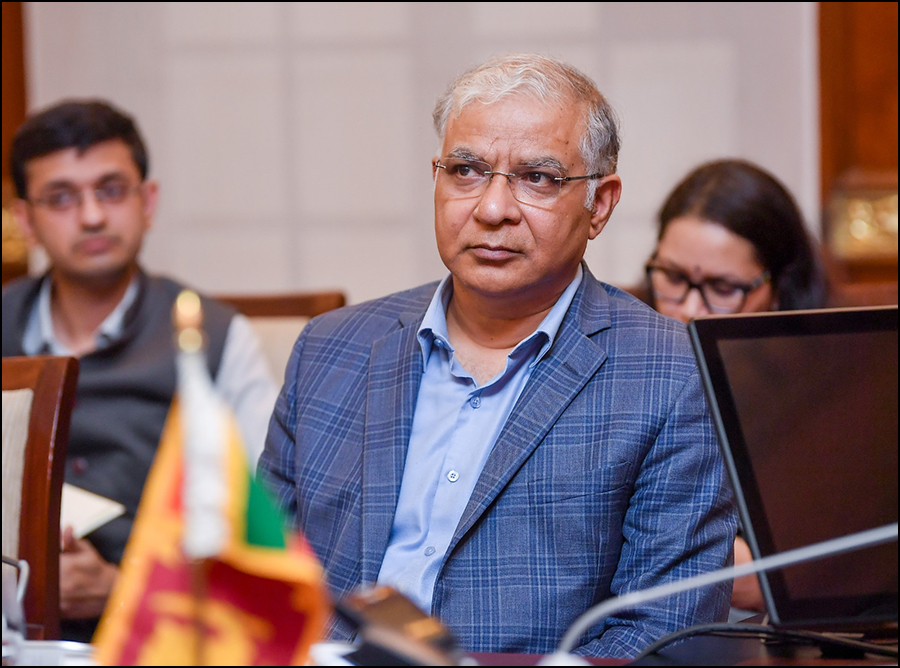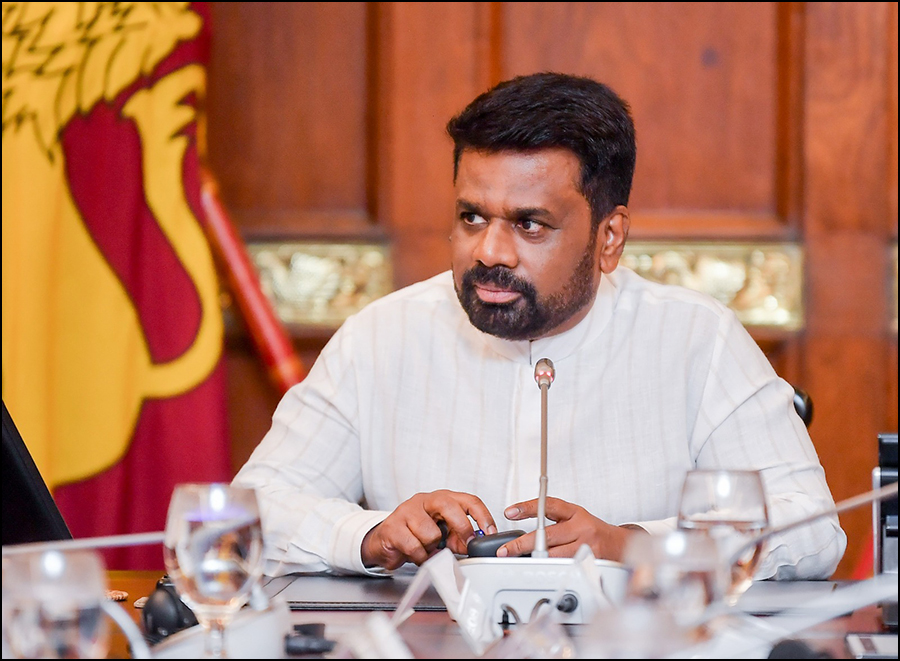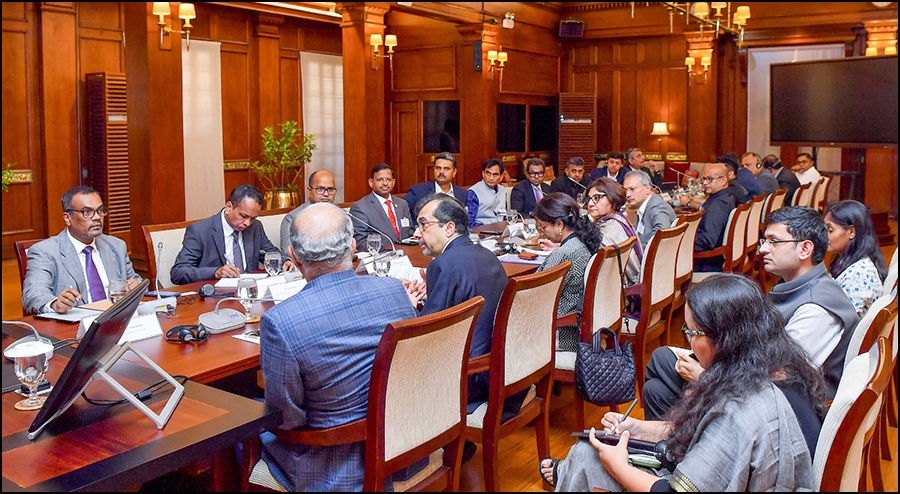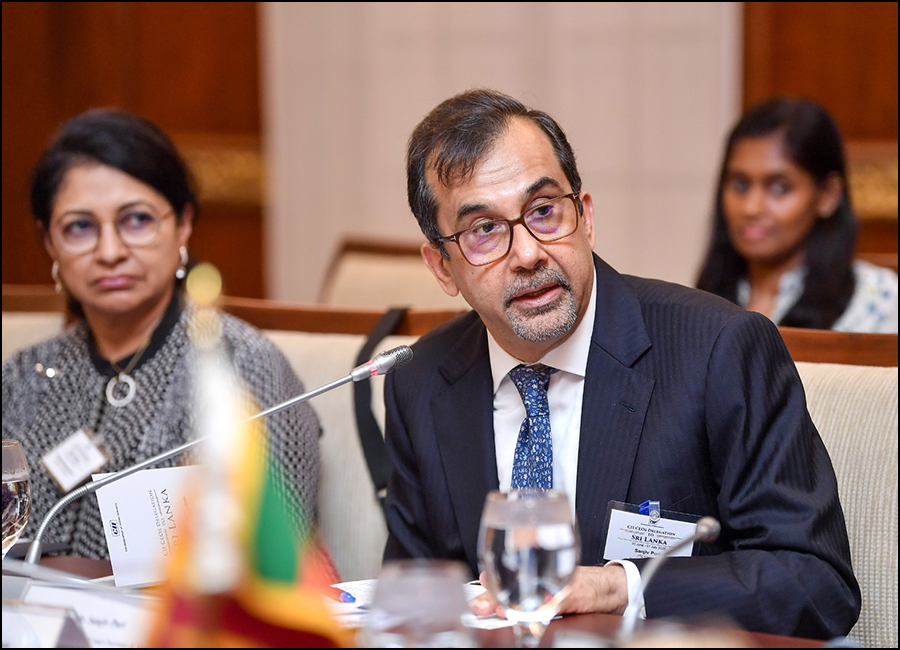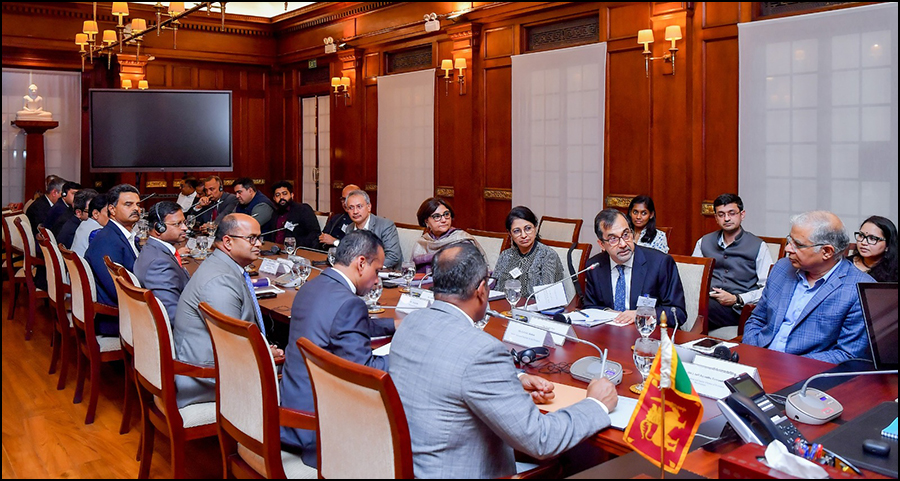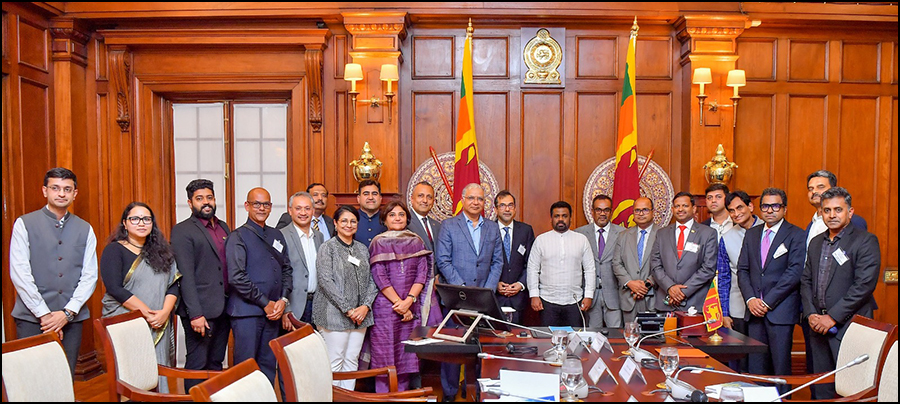The Committee on Public Accounts (COPA) has disclosed that there is no proper regulatory system to control the price of vegetable seeds in this country.
This was disclosed when the Committee on Public Accounts met in Parliament yesterday (08) under the chairmanship of MP Kabir Hashim. A discussion was held on the performance of the process of producing vegetable seeds locally and several parties including the Ministry of Agriculture were therefore present.
It was also discussed that although the “State Policy on Seed and Planting Material Industry” was prepared in 1997, it was not published in the Gazette as at January 01st, 2021. Furthermore, regarding the Seed Act No. 22 of 2003, there was a discussion at length and attention was drawn to the fact that the necessary amendments had not been made. Thus, it was disclosed that there are several institutions in the private sector that are allowed to import seeds and that this Act does not include a system to control the price of seeds imported by those institutions.
Thus, the members of the committee who were present pointed out that this is a very serious situation. The Members of Parliament pointed out that the domestic vegetable farmer is in a lot of trouble as a result and that this is a mafia. Therefore, they pointed out that a system should be prepared to control this situation and that a system should be created to enable the domestic vegetable farmer to buy vegetable seeds at an affordable price.
COPA Committee also pointed out that the percentage of providing locally produced vegetable seeds to the domestic vegetable farmer is not satisfactory. In response, the officials present mentioned that government departments including the Department of Agriculture are working to produce more of the required local vegetable seeds and provide them at a subsidized price, but even so, it is not possible to produce certain seeds under certain climatic conditions and therefore such seeds are being imported. Therefore, few private institutions have been allowed to import such seeds.
Also, the officials pointed out that even hybrid seeds that are difficult to produce are being produced using technology. The officials also pointed out that it takes about 10 years to carry out the research needed to produce certain seeds.
Thus, Chairman of the COPA Committee – Kabir Hashim instructed to finally provide a report on obstacles to seed production, a report on obstacles to recruitment, a report containing 3 years of information on the percentage of locally produced seeds and the percentage of imported seeds as per seed demand as well as a report on how seed prices can be controlled through the regulation of the relevant Act and Policy within two weeks.
State Minister Lasantha Alagiyawanna, Mohan Priyadarshana De Silva, Diana Gamage and Members of Parliament -Tissa Attanayake, Niroshan Perera, Ashok Abeysinghe, Buddhika Pathirana, (Dr.) Sudarshini Fernandopulle, J. C. Alawathuwala, Hector Appuhamy, (Dr.) Major Pradeep Undugoda and Wasantha Yapabandara were present at this Committee meeting held.
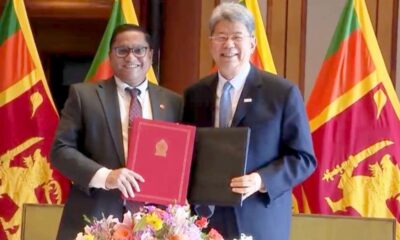
 BIZ3 days ago
BIZ3 days ago
 News3 days ago
News3 days ago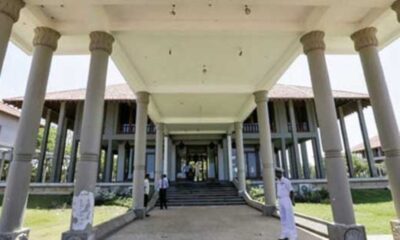
 News3 days ago
News3 days ago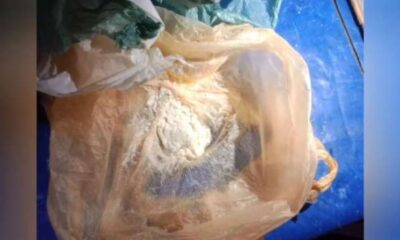
 News2 days ago
News2 days ago
